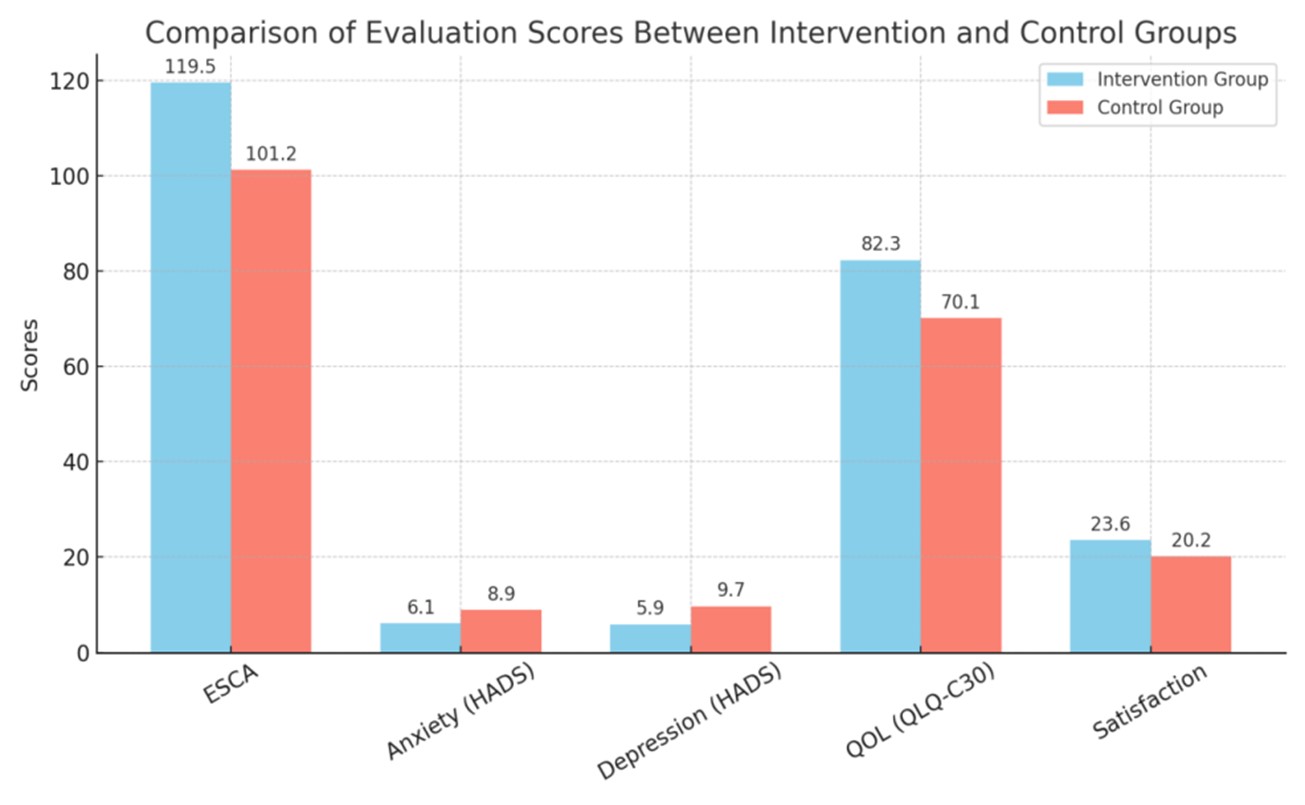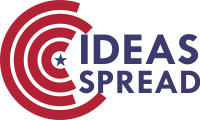The Effect of Systematic Health Education on Perioperative Nursing Outcomes in Breast Cancer Patients
Abstract
Objective: This study aimed to evaluate the impact of structured systematic health education on self-care ability, psychological well-being, quality of life (QoL), and nursing satisfaction among breast cancer patients during the perioperative period. Methods: A prospective controlled trial was conducted at a tertiary hospital between February and December 2018. Sixty postoperative breast cancer patients were randomly allocated into an intervention group (n = 30) and a control group (n = 30). The control group received standard perioperative nursing care, whereas the intervention group received additional structured health education interventions including preoperative lectures, individualized counseling, guided rehabilitation, and post-discharge support. Standardized assessment tools—Exercise of Self-Care Agency Scale (ESCA), Hospital Anxiety and Depression Scale (HADS), EORTC QLQ-C30, and a self-designed nursing satisfaction questionnaire—were used to evaluate outcomes before and after the intervention. Results: Compared to the control group, patients in the intervention group demonstrated significantly higher ESCA scores, lower HADS anxiety and depression scores, improved QLQ-C30 outcomes, and higher nursing satisfaction (P < 0.05). Graphical analysis demonstrated that the intervention group consistently outperformed the control group across all assessment domains. Conclusion: Structured systematic health education is a beneficial perioperative strategy for breast cancer patients. It improves psychological outcomes, promotes self-care behavior, enhances QoL, and increases satisfaction with nursing services. Health education should be integrated as a standard part of perioperative oncology nursing care.References
Kim, H., Kim, Y. J., et al. (2020). Effect of perioperative psychological education on anxiety, depression, and QOL among breast cancer patients. Journal of Breast Cancer, 23(2), 192–199. https://doi.org/10.4048/jbc.2020.23.e20
McCorkle, R., Ercolano, E., Lazenby, M., et al. (2011). Self-management: Enabling and empowering patients living with cancer as a chronic illness. CA: A Cancer Journal for Clinicians, 61(1), 50–62. https://doi.org/10.3322/caac.20093
Mehnert, A., Berg, P., Henrich, G., & Herschbach, P. (2009). Fear of cancer progression and cancer-related intrusive cognitions in breast cancer survivors. Psycho-Oncology, 18(12), 1273–1280. https://doi.org/10.1002/pon.1481
Niazi, A., et al. (2023). Structured health education improves post-operative recovery in breast cancer patients: A randomized clinical trial. BMC Nursing, 22(1), 45. https://doi.org/10.1186/s12912-023-00987-5
Parás-Bravo, P., Paz-Zulueta, M., Sarabia-Cobo, C., et al. (2021). Effectiveness of health education for breast cancer surgery patients: A multicentre randomized trial. Supportive Care in Cancer, 29(10), 6037–6045. https://doi.org/10.1007/s00520-021-06037-1
Pender, N. J., Murdaugh, C. L., & Parsons, M. A. (2019). Health promotion in nursing practice (7th ed.). Pearson.
Sung, H., Ferlay, J., Siegel, R. L., et al. (2021). Global cancer statistics 2020: GLOBOCAN estimates. CA: A Cancer Journal for Clinicians, 71(3), 209–249. https://doi.org/10.3322/caac.21660
Yates, P., Aranda, S., Hargraves, M., et al. (2005). Randomized controlled trial of a nurse-led supportive care intervention for women with advanced breast cancer. Journal of Pain and Symptom Management, 29(5), 475–486. https://doi.org/10.1016/j.jpainsymman.2004.08.006
Zhou, Y., Zhang, J., et al. (2023). Effects of health education interventions on psychological well-being and quality of life in breast cancer patients: A systematic review and meta-analysis. Journal of Clinical Nursing, 32(5–6), 1189–1201. https://doi.org/10.1111/jocn.16265


This work is licensed under a Creative Commons Attribution 4.0 International License.
Copyright for this article is retained by the author(s), with first publication rights granted to the journal.
This is an open-access article distributed under the terms and conditions of the Creative Commons Attribution license (http://creativecommons.org/licenses/by/4.0/).









1.png)














